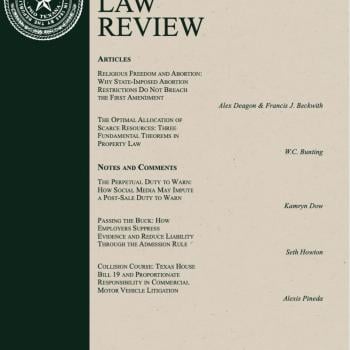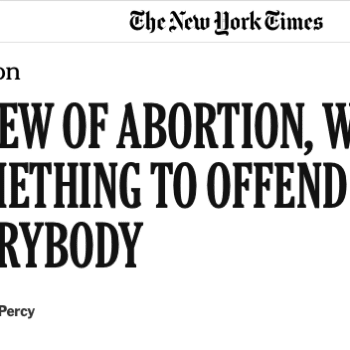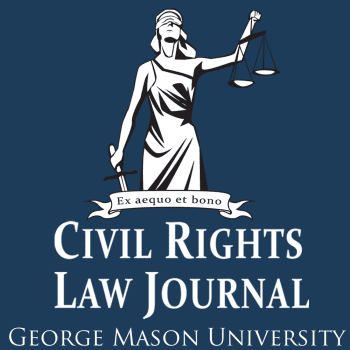That’s the title of my latest entry over at The Catholic Thing. Here’s how it begins:
In his most recent column here at The Catholic Thing, my friend Hadley Arkes raises the question as to why the federal courts, and the Supreme Court in particular,
could not extend the protections of the Fourteenth Amendment to unborn human persons by employing the same reasoning these courts have utilized elsewhere.
What Hadley is suggesting in his query should be uncontroversial: the courts must apply the principles of the Constitution to new realities that share the properties of those realities to which the principles have always applied, even though these new realities were not predicted or anticipated by the framers.
In order to make this point, we need not look further than a 1970 federal district court case, Steinberg v. Brown (1970). This case was cited by the Supreme Court in Roe v. Wade (1973) as one of the many cases that had upheld anti-abortion statutes. What the Supreme Court failed to mention is that the Steinberg court upheld Ohio’s statute based on reasoning that the Supreme Court claimed the defendant in Roe, the state of Texas, did not provide, namely, evidence that a federal court had found an unborn human being to be a person under the Fourteenth Amendment.












